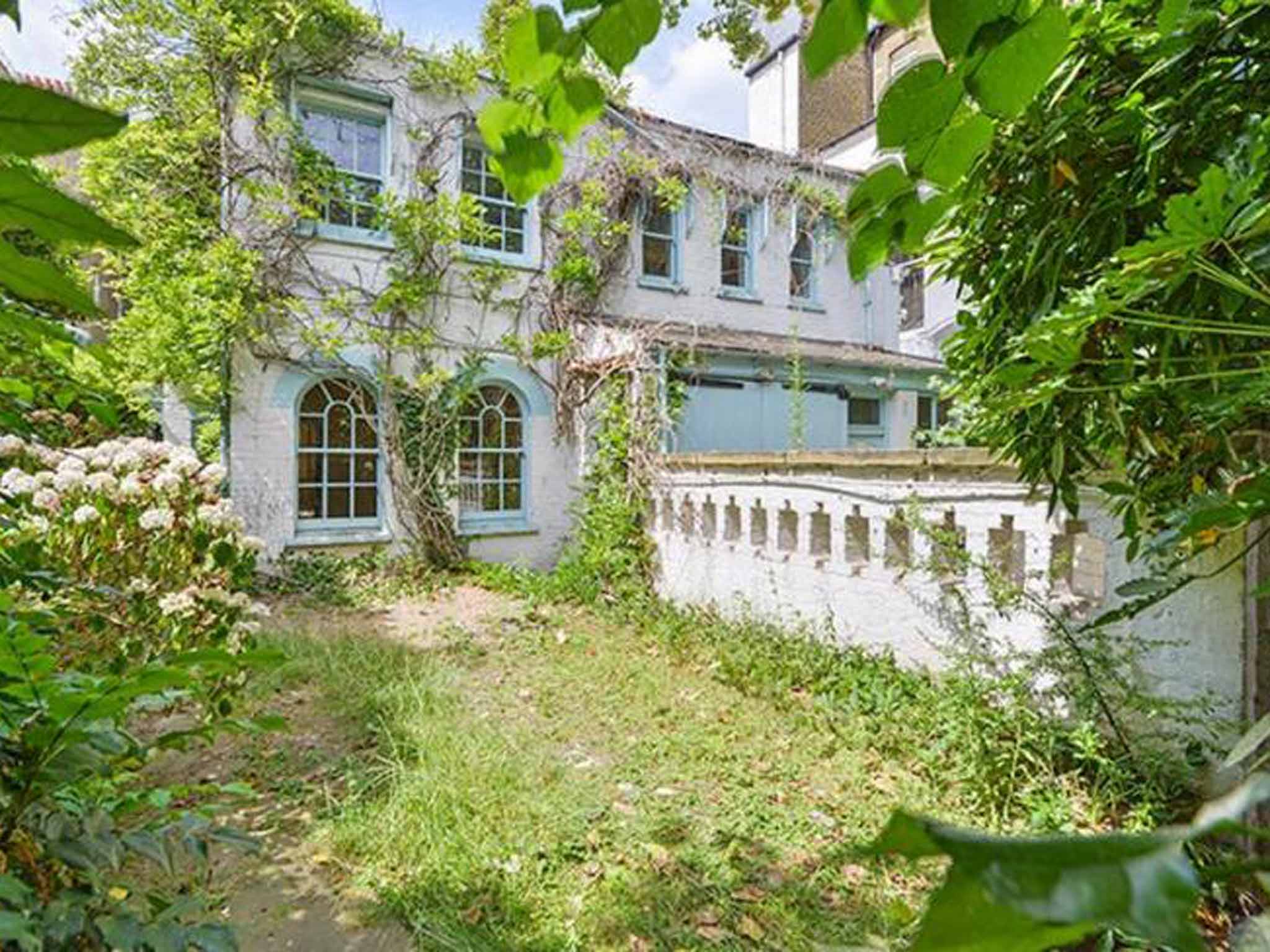Nearly half of renters and buyers check crime statistics before deciding on their home: Property news roundup
Plus, Laurence Olivier's house for sale, holiday home disasters, and tenants' deposits

More than a third of homehunters considering on buying in a high crime area would insist on paying less, says a new report.
New research from Direct Line Home Insurance reveals 43 per cent of adults would refuse to live in a high crime neighbourhood, while half check crime statistics in a neighbourhood they are looking to move into before deciding to rent or buy.
Almost one in ten would also actively discourage a neighbour from reporting a crime for fear it would show up on a police crime map. Of those who admitted not reporting a crime, two thirds had ignored robberies and theft, and three in five did not report vehicle crime.
"Crime is at its lowest since 1981," said Katie Lomas, head of Direct Line home insurance, "but our research shows that it is still a major consideration for house hunters and homeowners. It is alarming that crime may go unreported because people are fearful of affecting the price of their property, as it will mean these crimes will not be investigated, potentially leaving criminals free to strike again."
Holiday home disasters
Figures from AA Home Membership indicate that a quarter of holidaymakers have returned from their time away to find a domestic disaster at home.
The most common problem was a water leak which affected almost a third, followed by a boiler breakdown (18 per cent), burglary (15 per cent) and wasp nests (13 per cent).
Almost a quarter of those leaving their home behind turn off all electrical appliances and nearly four out of ten switch the boiler off. Only a fifth turn off their water at the stopcock.
People in Yorkshire and Humberside were most likely to have had a home emergency while they were on holiday, while holidaymakers from Wales are the least likely.
Olivier's London home for sale
The four bedroom detached house in Christchurch Street, London (pictured above) which Laurence Olivier and Vivien Leigh bought in 1937 to set up home together is on the market with Druce at £7.5 million. The couple called the house 'Durham Cottage'. Set back from the road behind a wall and gates, it has two bathrooms, a kitchen, reception room, garden and garage. Although it was bombed in the war, the couple restored it and continued using it as their London home for the next two decades.
Unanswered calls
Housing and homelessness charity Shelter has launched an appeal calling for support for its advice helpline as a rise in demand for help means thousands of calls are going unanswered.
Last year, Shelter’s team of advisers heard from more than 124,000 people in need of support. But nearly 54,000 calls went unanswered as the charity struggled to keep up with increased demand from people on the brink of homelessness.
Since 2011, the charity has seen the number of callers struggling with rent arrears more than double, while those calling about mortgage arrears rose by nearly a fifth. Overall, calls to the charity rose by 20 per cent over the same period.
Tenants' deposits
Residential tenants in Britain are missing out on up to £95 million in interest on deposits they hand over to landlords, according to Generation Rent.
It estimates that £5 billion of tenants’ money is tied up in deposits which are used to protect the landlord against damage to property or rent arrears. The money remains the tenant’s, but they are unable to earn any interest on it, although Generation Rent says they should, by turning the deposit into a new type of savings account.
Alex Hilton, director of Generation Rent, said: "Tenancy deposit protection has helped renters but schemes and landlords still fail to treat deposits as the tenants’ money. We’re talking significant sums of money which are difficult for renters to come by, so getting it back at the end of a tenancy must be reliable and quick, to stop devastating spirals of debt."
Subscribe to Independent Premium to bookmark this article
Want to bookmark your favourite articles and stories to read or reference later? Start your Independent Premium subscription today.

Join our commenting forum
Join thought-provoking conversations, follow other Independent readers and see their replies